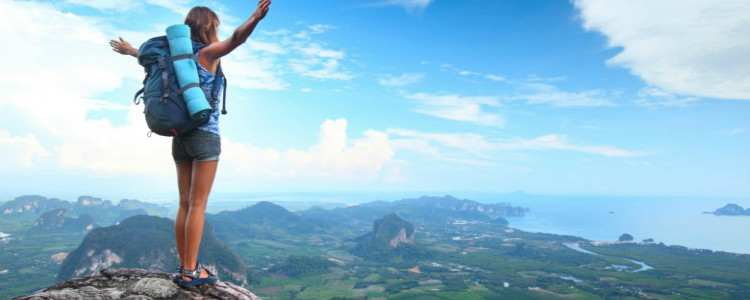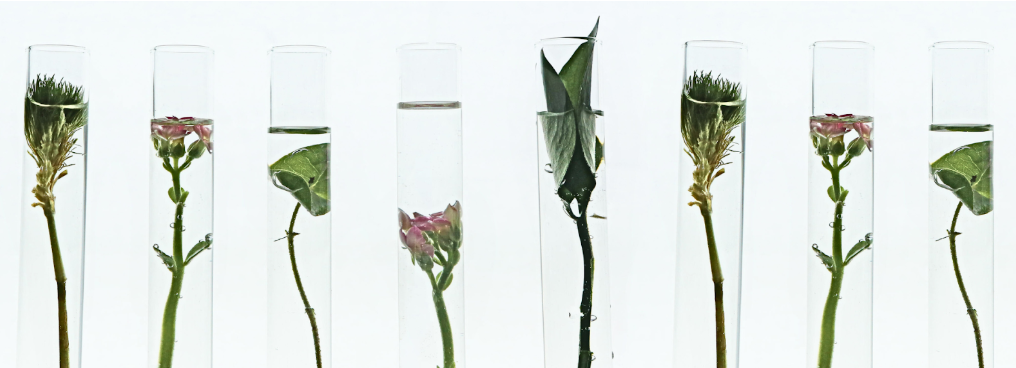I’ve struggled with Binge Eating Disorder (BED) since I was nine years old. Or, at least, that was the first time I remember using food to push away what I was feeling. I would sit in the pantry while my parents fought. The chewing sound drowned out their screams. Most times, I didn’t turn on the lights, so they didn’t know I was there.
Then, on my 12th birthday, I was sexually assaulted by my eldest brother’s friend. He terrified me; he had beaten me and my two brothers up on separate occasions. He pinned me to the ground and assaulted me until I was able to shift and then get up quickly. I offered him something to eat as an awkward way of getting out of the moment.
You could say that food saved me. That was, until it consumed me. I put on a significant amount of weight the summer after I was sexually assaulted. I stuffed my emotions – good and bad – down with food for decades. I carried all these things with me in the form of overeating – my father’s abandonment, the shame of sexual assault, the general malaise of being overweight. I struggled for years with BED.
For me, recovery has been a journey, a long and arduous one. I’ve even climbed Kilimanjaro three times in hopes of understanding and conquering BED, food addiction, and compulsive overeating.
While there have been grand adventures along the way, the real turning point for me is on a daily – sometimes hourly – basis. When I make a decision to head toward my recovery. When I squash down negative thoughts as they emerge. When I make time to go to my eating disorders specialist and talk through what’s bothering me (even when I’m overwhelmed and feel like I don’t have time) and make a plan to deal with it. When I take time to stock my shelves with foods that are fulfilling and energizing. When I think of activity as movement toward my values, not punishment. These are all small steps on the long, but worthwhile, journey of recovery.
But this isn’t easy. Food isn’t something I can just quit. Quite the opposite: I have to build a healthy relationship with it. My recovery is all about figuring out what my motivation is for eating something. The answer isn’t always easy; in fact, it is incredibly complicated with kids. For example, did I agree to make cookies with my daughter when she asked because it happened to be the same day we were doing taxes? Or was it just a healthy, fun activity with my budding chef? I’m constantly asking myself if something was a snack or mindless eating. This is where it comes back to planning and eating with intention, instead of grazing, which is my ED MO.
Most importantly, I share my story around the country as a way to release the secrecy and shame that food has held over me for so many years. I’ve discovered that the more I talk about my recovery, whether I was on the right track or not, the less power food has over me. Every time I share, the shame and seclusion that consumed me and trapped me in a terrible cycle of shame and anxiety dissipates.
I’ve written books and articles, and now I’m starting to blog for NEDA. I’d like to open the conversation for all of you who are struggling, recovering, or know someone who is. We can walk this journey of recovery together to amazing places.
Kara Richardson Whitely is the author of Fat Woman on the Mountain, Gorge: My Journey Up Kilimanjaro, and the upcoming book, Weight of Being. She is a National Binge Eating Disorder Recovery Advocate for Eating Recovery Center.






